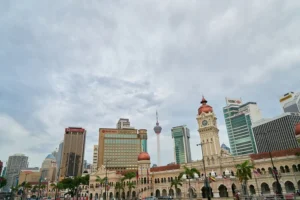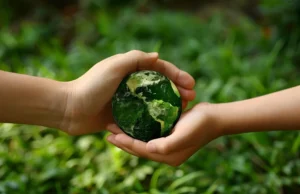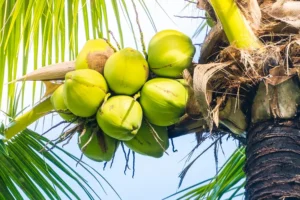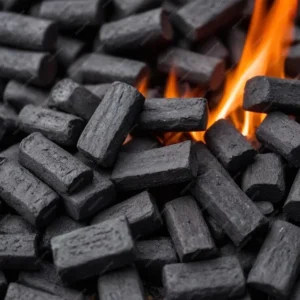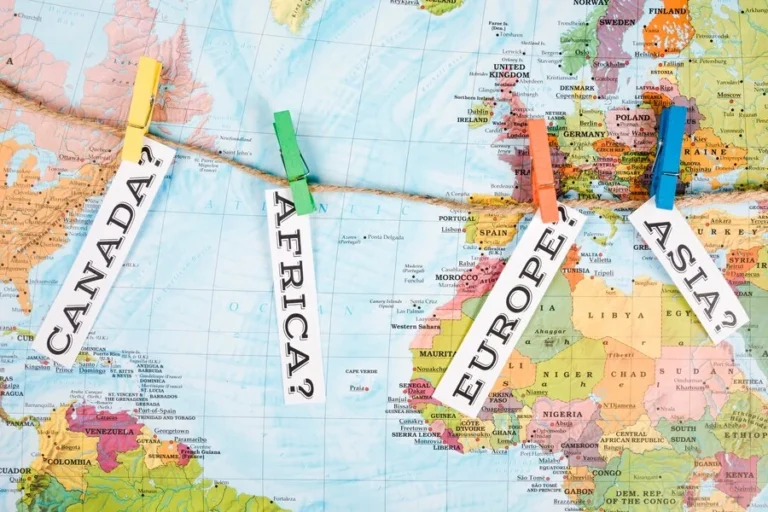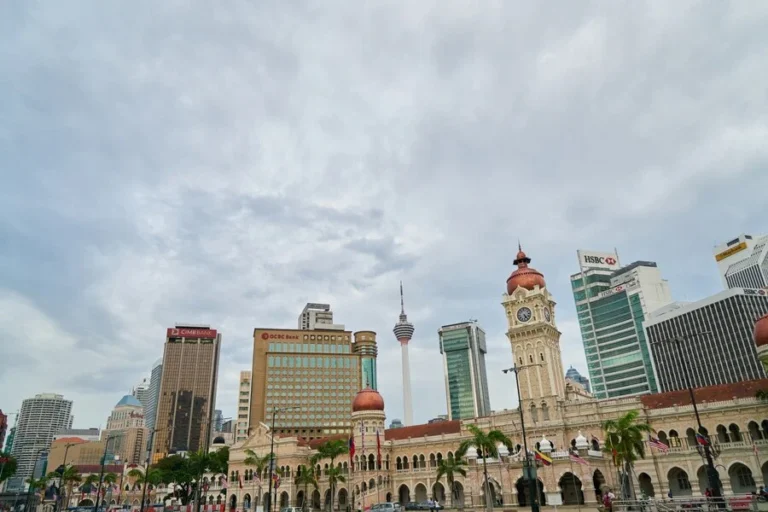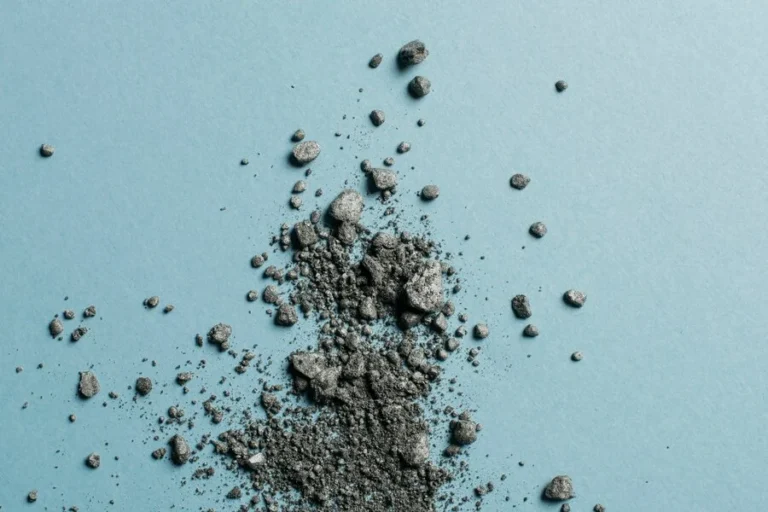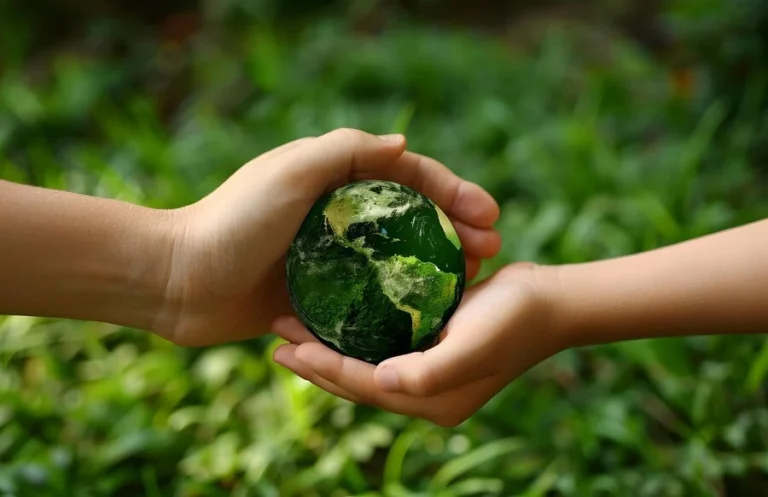Indonesia’s charcoal briquette industry has successfully penetrated the European market, an achievement that reflects product quality and competitiveness at the global level. Indonesian charcoal briquettes, mostly made from coconut shells, are increasingly in demand in Europe as they are considered an environmentally friendly and sustainable fuel.
Countries such as Germany, the Netherlands and the UK have become major export destinations, where European consumers are increasingly recognizing the importance of using fuels that are not only efficient, but also have minimal environmental impact. Charcoal briquettes from coconut shells are seen as a better alternative to wood charcoal, as they produce less smoke and ash, and have a longer burn time.
However, despite successfully penetrating the European market, Indonesian charcoal briquette producers face a number of challenges. One of the biggest challenges is meeting the strict quality standards and regulatory requirements imposed by the European Union. This requires producers to continuously improve production processes and quality control, ensuring that exported products meet the expectations of European consumers.
On the other hand, this success also opens up great opportunities for further expansion. With the growing demand for environmentally friendly products in Europe, Indonesian producers have the opportunity to increase their export volume and expand their market share. In addition, support from the Indonesian government, both in the form of export policies and licensing facilitation, is also an important factor in maximizing this opportunity.
Overall, the European market offers promising prospects for the Indonesian charcoal briquette industry. By continuing to innovate and adapt to market needs, Indonesian producers are expected to maintain and expand their success in the region.


